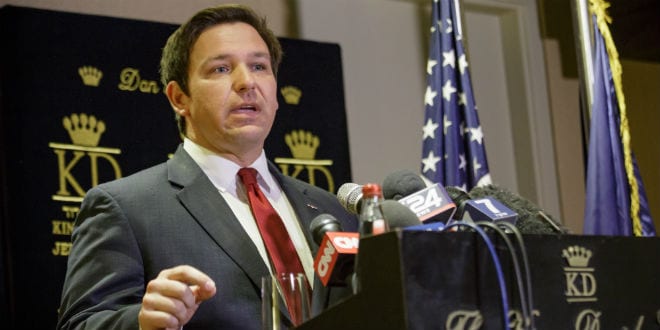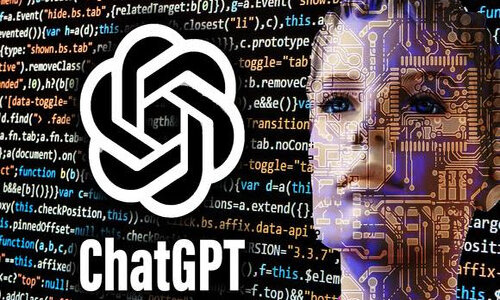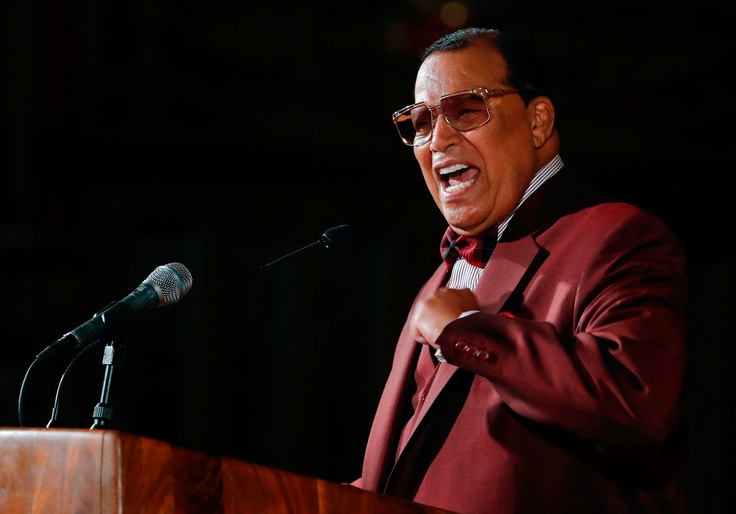Author: Author1
"I am really angry with him. He is a fool," Nides reportedly said of Smotrich ....
Florida Bill Would Require Bloggers Who Write About the Governor to Register with the State
if Bill 1316 is passed into law we will necessarily stop posting any news of Florida politicians until the restrictions of the bill become clear ...
D-ID launches AI Digital Human platform so you can look your chatbot in the eyes
“ChatGPT gives you information, but you don't actually know if it is true or false based purely on what it creates ...
Power Shortages Coming Soon To America
“All of this makes Americans more dependent on the electric grid at a time when utilities are accelerating the closure of coal and gas-fired plants ...
US Treasury Introduces CBDC Working Group, Discusses Potential Routes For Digital Dollar
Regardless of the path that the Treasury takes, new payment systems are seemingly on the horizon for the United States.
US Offers Whopping $10 Million Reward For Info On Hezbollah Financial Network
"Hizballah earns almost one billion dollars annually through direct financial support from Iran ...
Did the Earthquake in Turkey Give Clues About the Formation of the Grand Canyon?
Geologists date the Grand Canyon sandstone to 550 million years ago ...
2nd Coming, Babylon, canyon, earthquake, Grand Canyon, Turkey earthquake
Is Africa splitting into two continents? The geographical phenomenon explained
Tectonic activity is responsible for phenomena like earthquakes and volcanoes, and it tends to be concentrated around specific areas ...
Calgary pastor charged at home after protesting all-ages drag queen story hour
On Saturday, Pastor Derek Reimer of Mission 7 Ministries was removed from an all-ages drag event at the Seton Public Library ...
Should American Jews intervene to stop Netanyahu?
They are using what prestige and influence they have in the US to topple a democratically elected government ...
New questions surface about why Pelosi refused Trump’s offer of troops on Jan. 6
The conclusions immediately triggered questions inside Congress on the failure by Pelosi to act ...
Lawmakers Mum As Ticketmaster Doles Out Tickets For Farrakhan Hate Rally
"It is extremely concerning that Ticketmaster is choosing to use its platform to elevate and promote a well-known anti-Semite ...








